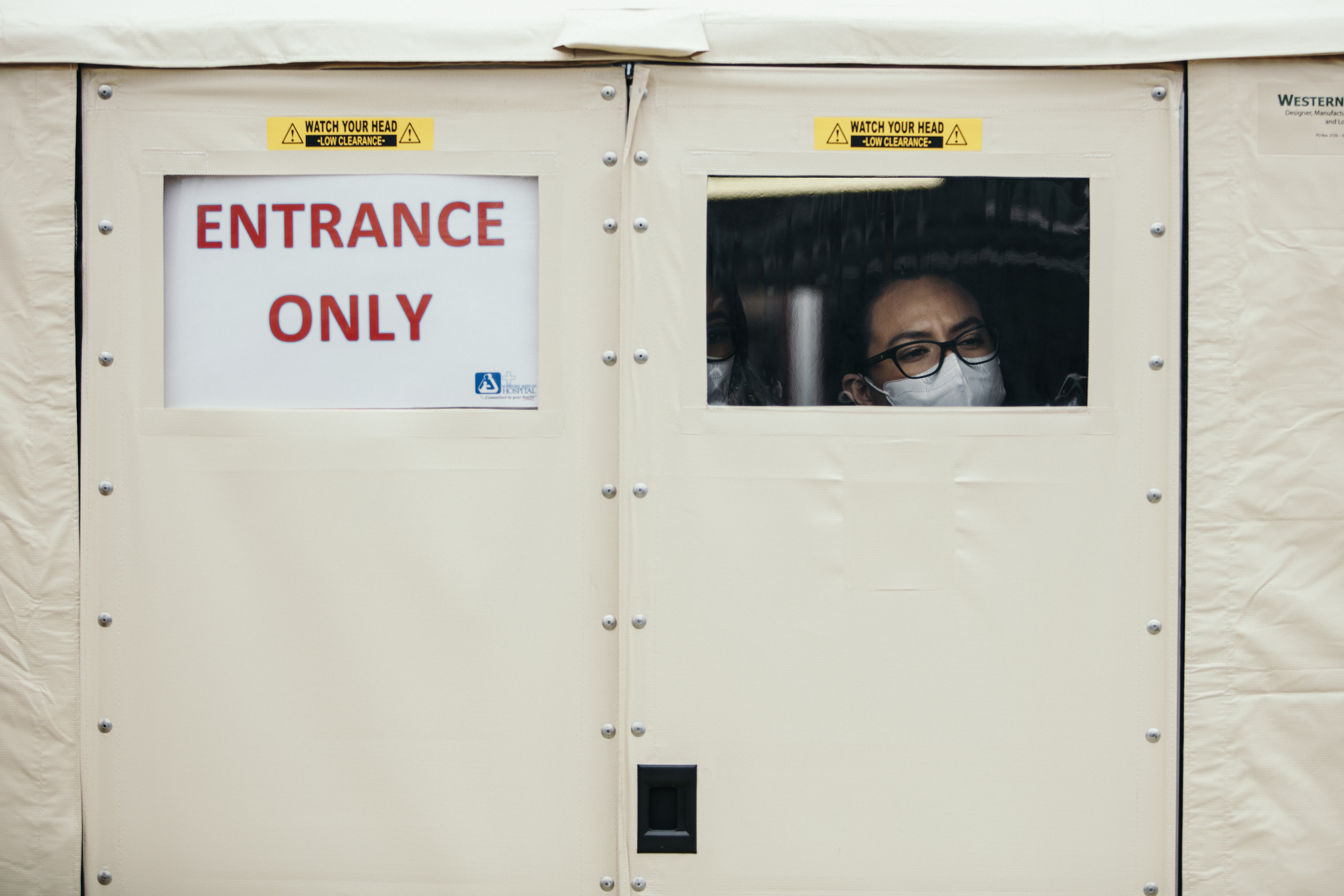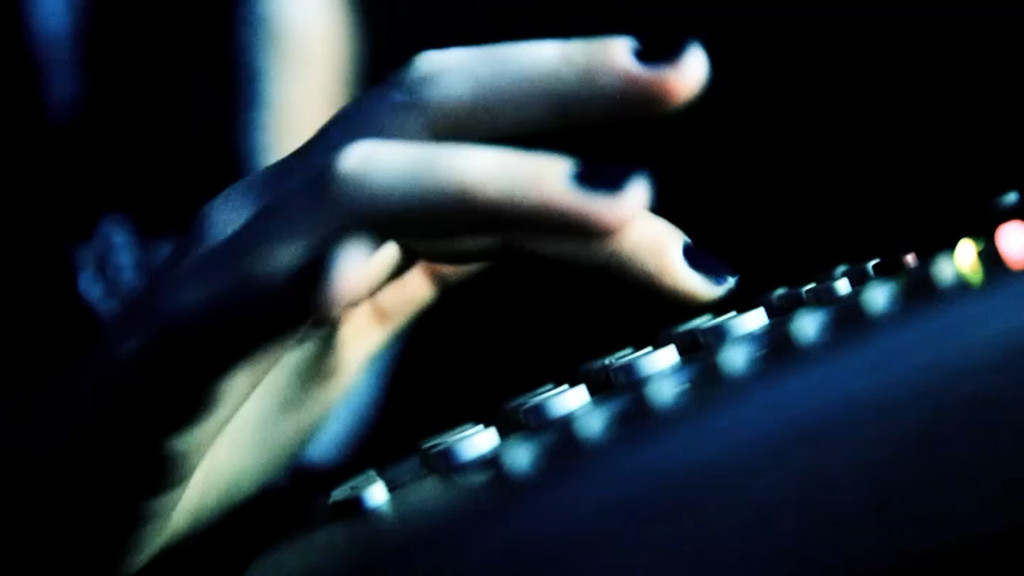Officials are working to determine what it would take to put thousands of hospital beds inside Chicago's McCormick Place should cases in the city rise above hospital capacity.
"This morning, I spent time with folks from the state, folks from my team, folks from the Army Corps of Engineers at McCormick Place. We were looking at what it would take not in a theoretical way, but in an actual way to lay out potentially thousands of beds," Chicago Department of Public Health Commissioner Allison Arwady said Thursday. "The conference center that is the symbol of, you know, our city's great tourism and potential. I want to thank everyone who is working on that difficult project. It is part of our pandemic planning, but it is not something that I have ever wanted to consider seriously doing in Chicago. But we're talking about it, not in theoretical ways. We're working right now to do everything we can to protect our healthcare system, to keep people out of it, who do not need to be there."
The move is latest preparation for what could be a dramatic rise in cases not just in Chicago but across the county and state.
"We have dozens and dozens of patients right now in intensive care units on ventilators in Chicago. Our hospitals do have capacity right now, but they may not very soon," Arwady said. "Per our pandemic planning, we're looking at a lot of options. We're building serious surge capacity. You've heard us talking about the fact that we have not just a few, but a few thousand hotel rooms already secured. We've been working with the Y and other partners to be able to expand and social distance appropriately Chicago residents who may be homeless. We've been working with the state looking at hospitals that have been recently closed. How can we open those? How can we staff those? How can we get the equipment in place?"
Chicago hospitals have been preparing for an anticipated surge in coronavirus patients.
The University of Chicago Medicine health system instituted a new policy beginning Friday that requires all staff - clinical and otherwise - to wear masks while on the medical campus.
The universal masking policy is intended to reduce the risk of transmission of the deadly coronavirus from staff who may be carrying the disease but are asymptomatic, the hospital said in a statement.
The hospital is also bringing back on faculty and staff members who were furloughed after potential exposure to the coronavirus but are showing no symptoms, instituting the universal mask policy the same day.
When cases of the virus could be traced to a known exposure or another country with high infection rates, the medical center furloughed employees when they reported unprotected exposure to someone with COVID-19 or who had traveled recently to restricted countries.
Now that the pandemic has entered a phase of "widespread community circulation," the furlough policy "no longer provides the right level of protection for patients and other staff," the hospital said.
The University of Chicago said anyone who has symptoms of respiratory illness, flu-like illness, a fever or who tested positive for the virus will not be coming back until they are medically cleared to return.
“Because the disease continues to spread in our community, we must assume anyone can be exposed at any time and are expecting a surge of infected patients in the coming days,” Dr. Kenneth Polonsky, executive vice president for medical affairs at the University of Chicago, said in a statement.
Rush University Medical Center has also been preparing for an influx of coronavirus cases.
The hospital converted its main lobby into a clinical area, so all non-coronavirus patients can receive treatment for their needs as medical staff anticipate coronavirus cases will fill up the emergency room.
Chicago Mayor Lori Lightfoot said Thursday that the city is bracing for upwards of 40,000 hospitalizations in the coming weeks and urged residents to heed the statewide stay-at-home order.
"Forty thousand hospitalizations. Not 40,000 cases, but 40,000 people who require acute care in a hospital setting," Lightfoot said. "That number will break our healthcare system... This will push our city to the brink."
Arwady said "the window to pursue a wide-ranging response...is closing."
"The moves we make right now, really the next few weeks, are crucial," she said.
White House experts also said they are watching Cook County closely over concerns it could be one of the nation's next hotspots for the virus.



